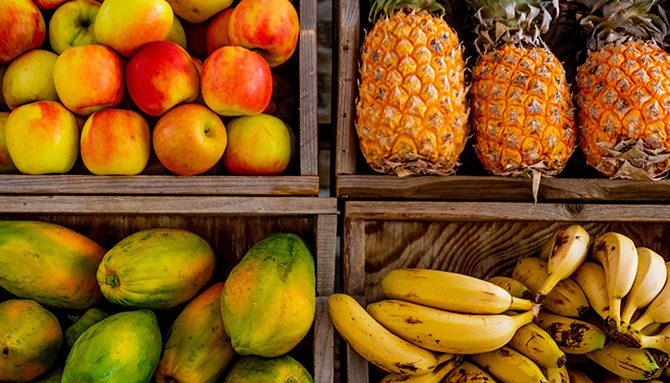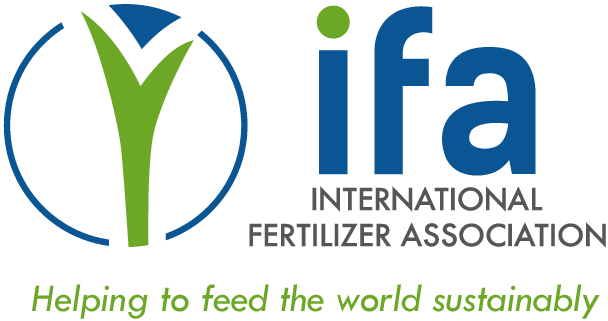Growing US Population Potassium Deficiency Linked to Crop Removal from Soils
A recently published research paper in the Journal of Agriculture and Food Chemistry has found evidence that the agricultural crop removal of potassium (K) is likely to have contributed to the decline in dietary K intake and rise in the prevalence of hypokalemia (K deficiency) in the US population.
By examining the potassium values of food items used by the USDA, the paper found that K concentrations in beef, pork, turkey, fruit, vegetables, cereal crops and cooked food items all decreased between 1999 and 2015.
The study also found that the ratio of K input to removal by crops as well as crop-available soil K in US farms have all declined in recent years. The reported reductions in dietary potassium intake corresponded to these decreases in the food supply and to increases in hypokalemia prevalence in the US population.
With a worsening trend of low K dietary intake in the US, the paper calls for higher K diets and agricultural policy initiatives to increase K levels in US food products, including better soil management to avoid K loss and the increasing application of K fertilizer.
The research is a reminder of the important role of K and other plant nutrients for supporting plant as well as human health. Read more about the important role of fertilizers for improving human health and combatting malnutrition in our backgrounders.

